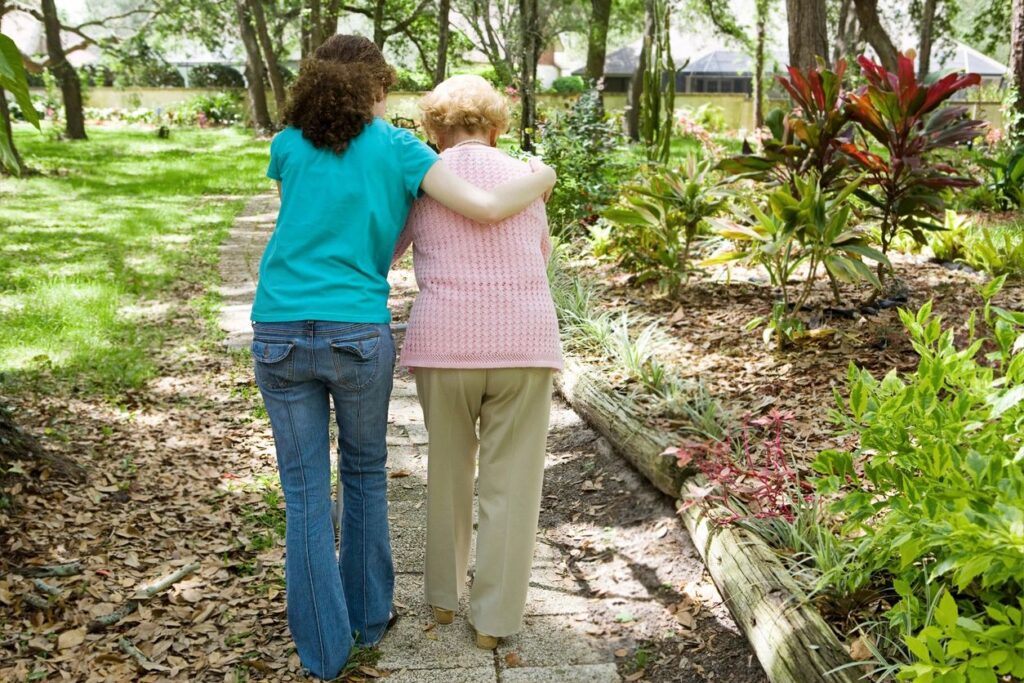
Helping Others Is a Link Between Self-Control and Life Satisfaction
Last week, I wrote about the health and mental health benefits of volunteering. Today brings us another study on the theme of helping others being a good way to help yourself.
If all this talk about the benefits of helping others is starting to sound a little preachy, don’t blame the messenger! It just happens that multiple different lines of psychology research seem to be converging on the conclusion that supporting other people is a good way of supporting yourself.
The most recent example comes from a study looking at the relationship between self-control and life satisfaction. Now, there are plenty of different reasons to think that how much self-control someone has might influence how they feel about life, but this study looked at one possible link between self-control and life satisfaction in particular: prosocial behavior.
To measure prosocial behavior, the researchers used a questionnaire that asks people about their willingness to take actions that help others in different contexts, such as in public, in private, when asked to do so, when a crisis arises, when a situation becomes emotionally intense, and when there is little direct reward for doing so.
The researchers considered three samples of people: 1,009 teenagers, 2,620 college students, and 500 employed adults.
They found that across these groups of people, those with more self-control also tended to report having higher life satisfaction. Moreover, this relationship could be partly accounted for by prosocial behavior: people with higher self-control tended to engage in more prosocial behavior, and people who engaged in more prosocial behavior in turn tended to have higher life satisfaction.
It’s not clear from the results why this is the case. It’s possible that having more self-control allows people to prioritize actions that help other people, but it’s also possible that there are other factors influencing self-control and prosocial behavior not captured in this study.
In any case, though, these findings add more weight to the idea that helping others increases happiness, and they suggest that this phenomenon might account for psychological findings that at first glance don’t have much to do with prosocial behavior – such as the correlation between self-control and life satisfaction.